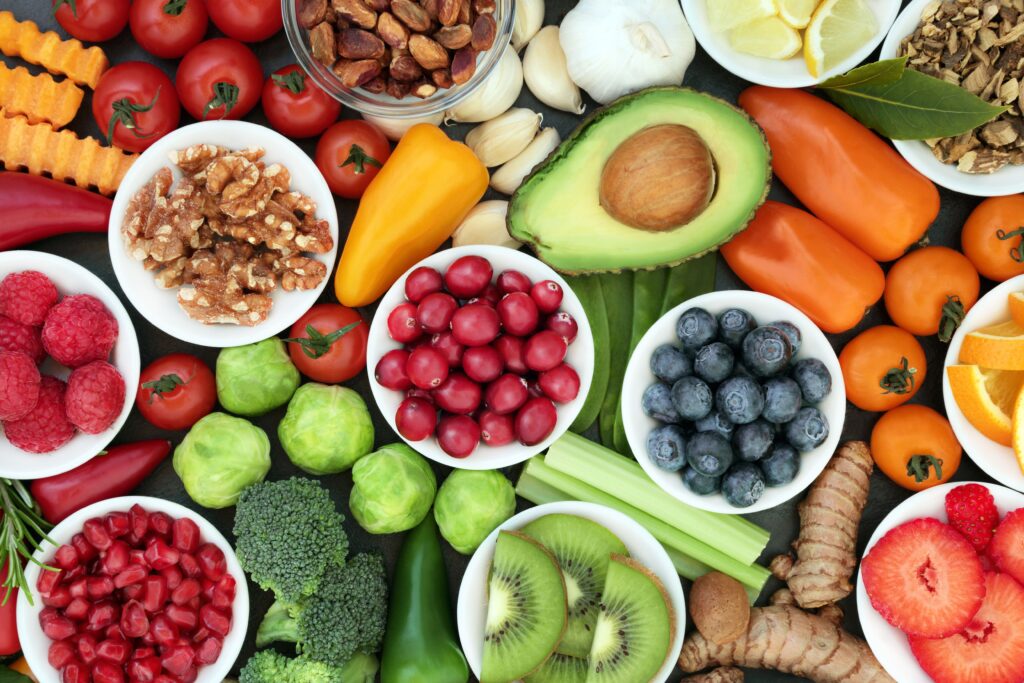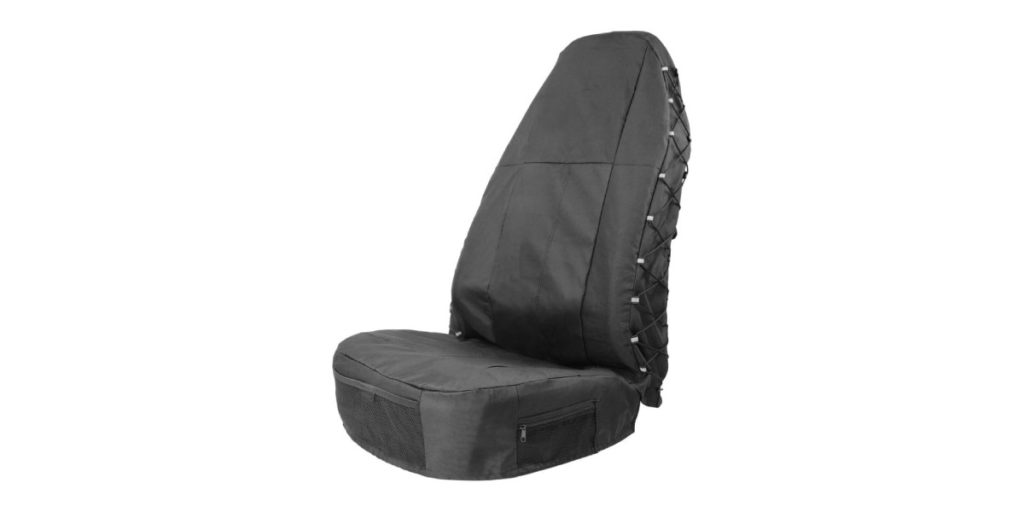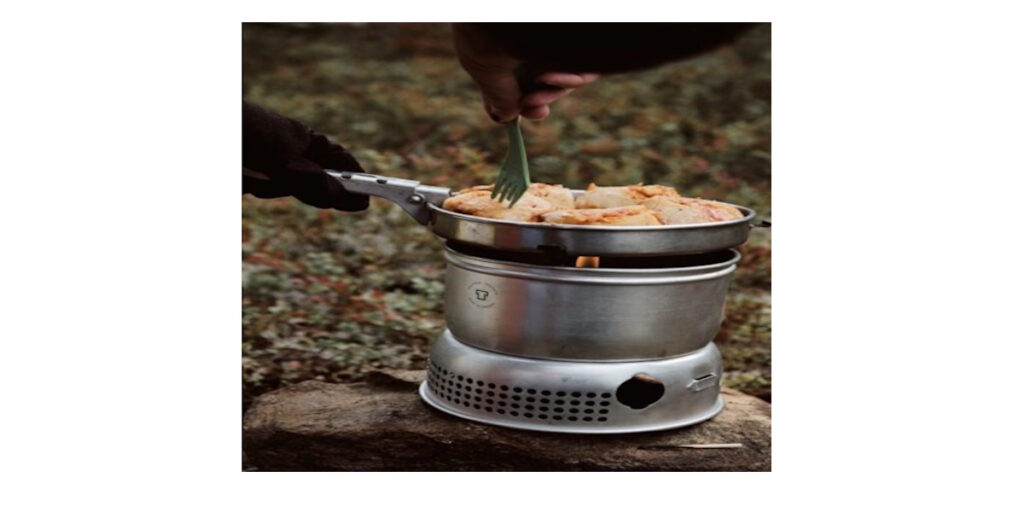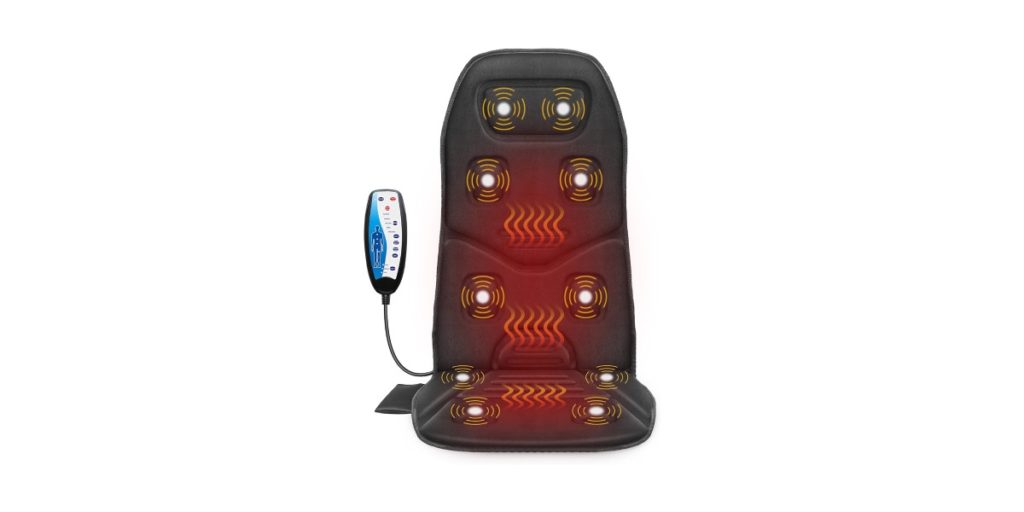Healthy Eating on The Road for Truckers
When it comes to the demanding lifestyle of truckers, maintaining a healthy diet may seem like an uphill battle. However, the importance of eating well on the road cannot be overstated.
A nutritious diet not only supports physical health but also enhances mental clarity and overall well-being. Despite the challenges faced by truckers in finding healthy options while on long hauls, prioritizing good nutrition is crucial to ensure optimal performance behind the wheel.
Importance of Healthy Eating
The significance of healthy eating for truckers cannot be underscored enough. Long hours spent driving, irregular schedules, and limited access to fresh food often make it difficult for truckers to maintain a balanced diet.
However, consuming nutrient-dense meals helps fuel their bodies and minds, ensuring they stay focused and alert throughout their journeys. A poor diet can have detrimental effects on a trucker’s health in various ways.
Consuming excessive amounts of processed foods high in sugars, fats, and sodium can lead to weight gain, increased risk of chronic diseases such as heart disease and diabetes, decreased energy levels, and compromised immune function. On the other hand, adopting a wholesome eating pattern can mitigate these risks while providing essential vitamins and minerals necessary for optimal performance on the road.
Challenges Faced by Truckers
Truckers face numerous challenges when it comes to maintaining a healthy diet during their travels. One major hurdle is limited access to fresh produce while being constantly on the move between destinations.
Truck stops and rest areas often offer predominantly fast food options that are typically high in calories but low in nutritional value. In addition to limited healthy choices at roadside establishments, time constraints play a significant role in preventing truckers from preparing nutritious meals themselves.
Long hours on the road leave little time for meal planning, grocery shopping, and cooking. Moreover, the lack of adequate kitchen facilities in trucks makes it difficult to whip up homemade meals that are both delicious and nutritious.
Furthermore, the sedentary nature of driving for extended periods can contribute to weight gain and a slower metabolism. Combined with irregular eating patterns due to unpredictable schedules, this can lead to unhealthy snacking or relying heavily on convenient but unhealthy options that are readily available on the road.
Preparing for Healthy Eating on the Road

Creating a Meal Plan and Grocery List
When it comes to maintaining a healthy diet on the road, one of the most effective strategies is to plan your meals in advance. Before embarking on your journey, take some time to create a meal plan for the week.
Think about what dishes you can cook easily in your truck and make a list of ingredients needed for each recipe. This way, you won’t have to rely solely on convenience store food or fast food joints.
Consider incorporating a variety of foods from different food groups in your meal plan. Include lean proteins like chicken or fish, whole grains such as brown rice or quinoa, and plenty of fruits and vegetables.
Don’t forget about healthy fats too, like avocados or nuts. By having a balanced meal plan, you’ll ensure that you’re getting all the necessary nutrients while on the road.
Once your meal plan is ready, it’s time to hit the grocery store. Make sure to stock up on non-perishable items that will last throughout your trip, such as canned beans or tuna, whole grain crackers, and dried fruits.
Additionally, grab some fresh produce that can be stored safely in your truck’s refrigerator or cooler. Having all these ingredients at hand will make it much easier for you to stick to your healthy eating goals while driving long hours.
Packing Nutritious Snacks and Meals in Advance
While planning meals is crucial for eating healthily on the road, don’t forget about snacks! Packing nutritious snacks not only helps curb hunger between meals but also prevents impulsive decisions when faced with unhealthy options at truck stops.
Opt for snacks that are easy to pack and require minimal refrigeration if any. Consider items like pre-cut veggies with hummus or peanut butter dip, trail mix with nuts and dried fruit, hard-boiled eggs, or yogurt cups.
You can also make your own energy bars using healthy ingredients like oats, nuts, and honey. In addition to snacks, consider preparing some meals in advance to have on hand during your journey.
Cook a big batch of your favorite home-cooked dish like chili or stir-fry and portion it into individual containers. These pre-made meals can be easily reheated using a portable electric stove or microwave in your truck.
By planning ahead and packing nutritious snacks and meals, you’ll be equipped with healthier options to satisfy your hunger while on the road. Plus, you’ll avoid the temptation of reaching for greasy fast food that may leave you feeling sluggish and unsatisfied.
Making Smart Food Choices at Truck Stops and Rest Areas
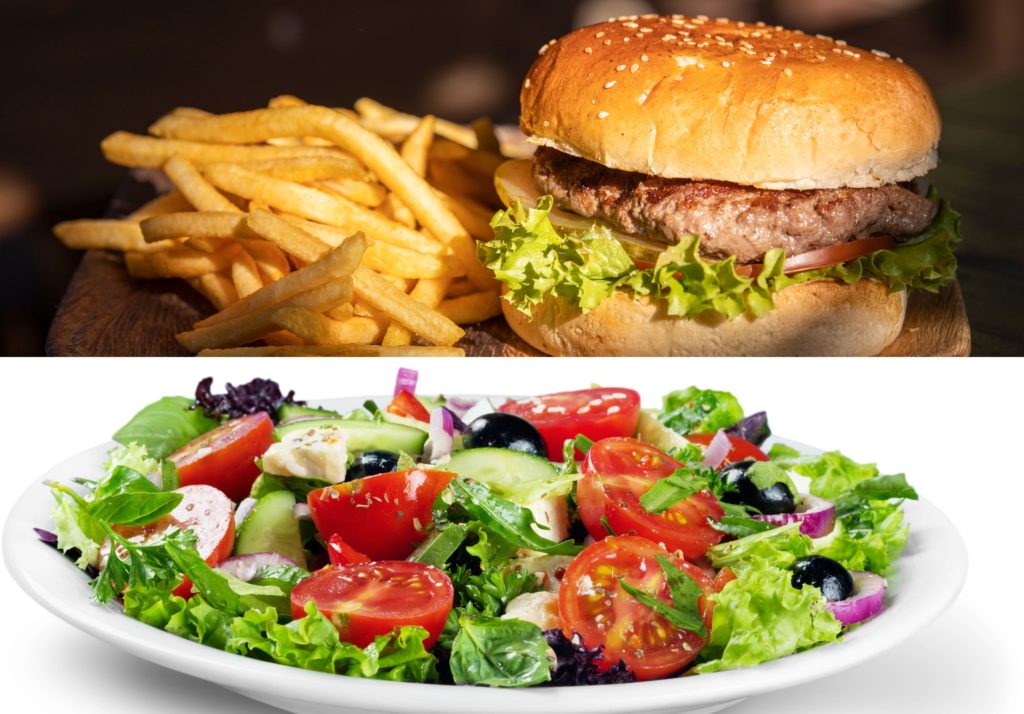
Identifying Healthier Options on Menus and Buffets
When it comes to eating healthy on the road, one of the first challenges truckers face is deciphering menus and buffet options at truck stops and rest areas. But fear not, wise trucker!
There are ways to identify healthier options among the deep-fried temptations. Look for keywords like “grilled,” “baked,” or “steamed” dishes, as these cooking methods tend to be healthier compared to fried foods.
Additionally, keep an eye out for items labeled as low-fat, low-sodium, or made with whole grains. These indicators can help guide you towards more nutritious choices.
Opting for Grilled or Baked Foods Instead of Fried Ones
When presented with a choice between grilled/baked foods versus fried ones at a truck stop or rest area, opt for the former. Grilling or baking food helps retain its natural flavors while minimizing the need for added fats.
Choose grilled chicken breast over fried chicken tenders, or opt for a baked potato instead of French fries. By making these small switches in your food choices, you’ll be reducing your intake of unhealthy trans fats and excessive calories commonly found in fried foods.
Choosing Whole Grain Breads and Avoiding Processed Foods
Another important aspect of making smart food choices is selecting whole grain breads over refined white breads. Look out for breads labeled as “whole wheat” or “whole grain” to ensure you’re getting the maximum nutritional benefits from your sandwich fixings.
Whole grain breads are rich in fiber and provide longer-lasting energy compared to their processed counterparts. Furthermore, try your best to avoid processed foods that often lurk in packages adorned with flashy marketing claims but lacking real nutritional value.
Instead, go for whole foods like fresh fruits, vegetables, and lean proteins. These unprocessed options will fuel your body with essential nutrients and help you maintain a healthier eating routine on the road.
Remember, making smart food choices at truck stops and rest areas requires a keen eye for healthier options on menus and buffets. Opting for grilled or baked foods instead of fried ones can significantly reduce your intake of unhealthy fats.
Choosing whole grain breads over processed alternatives ensures you’re fueling your body with the nutrients it needs to sustain long hours on the road. Stay wise and nourished, trucker!
Cooking in the Truck: Simple Recipes and Tips

Utilizing Portable Cooking Appliances
When it comes to cooking in the truck, having portable appliances can make a world of difference. One such lifesaver is a slow cooker. Simply plug it into the truck’s power outlet, add your ingredients in the morning, and by evening, you’ll have a delicious and hearty meal ready to enjoy.
Slow cookers work wonders with soups, stews, chili, and even tender meats. They are perfect for those long drives when you want a hot meal waiting for you at the end of the day.
Another fantastic option is a portable grill. While it may not be feasible to carry a full-size grill in your truck, there are many compact options available that can easily fit on your dashboard or on a small table beside your truck.
Grilling not only adds flavor to your meals but also allows you to cook lean cuts of meat, poultry, fish, or even vegetables without adding unnecessary fats. It’s an excellent way to enjoy healthy and delicious food while on the road.
Nutritious Meals Using Fresh Ingredients
To maintain a healthy diet on the road, it’s crucial to focus on using fresh ingredients whenever possible. Plan ahead by packing fresh produce like fruits and vegetables that do not require refrigeration for short periods of time. This includes items such as apples, oranges, carrots, celery sticks – foods that are easy to snack on while driving.
Additionally, consider investing in mini coolers or thermal bags with ice packs that can keep perishable items like salad greens or yogurt chilled for longer durations. By incorporating these fresh ingredients into your meals whenever possible – whether it’s adding sliced tomatoes and lettuce into sandwiches or tossing them into salads – you’ll enhance both nutrition and flavor.
One-Pot Recipes
When it comes to cooking in the truck, simplicity is key. One-pot recipes are not only easy to prepare but also require minimal cleanup. Soups and stews are versatile options that can be made with a variety of ingredients such as lean proteins, vegetables, and whole grains.
With a slow cooker or a portable pot on your grill, you can simmer these hearty meals while you drive, allowing the flavors to meld together for a delicious and satisfying dish. Stir-fries are another great option as they can be made quickly using just one pan.
All you need are some pre-cut vegetables and your choice of protein – chicken breast, shrimp, or tofu – along with basic seasonings like soy sauce or garlic. Stir-fries provide a nutritious balance of vegetables and protein while requiring minimal cooking time.
DIY Salad Kits
Salads may not seem like the first choice for truckers due to concerns about freshness and convenience. However, by preparing DIY salad kits in advance using pre-cut veggies from the grocery store or farmer’s market, you can have fresh salads at your fingertips. Start by choosing sturdy greens like romaine lettuce or spinach that will hold up well during travel.
Add in some pre-cooked lean proteins such as grilled chicken strips or hard-boiled eggs for an added boost of nutrition. Pack separate small containers with your favorite dressings so you can easily customize each salad according to your taste preferences.
By having all the components ready ahead of time in individual containers stored in a cooler or thermal bag with ice packs, you’ll always have a nutritious salad option available whenever hunger strikes on the road. These simple cooking tips and recipes will help truckers maintain healthy eating habits while on long hauls.
By utilizing portable cooking appliances like slow cookers or grills, preparing easy-to-make meals with fresh ingredients, and including one-pot recipes or DIY salad kits in your repertoire, you’ll be able to enjoy delicious and nutritious meals on the go. Remember to plan ahead, prioritize freshness, and have your equipment ready – it’s time to turn your truck into a mobile kitchen!
Staying Hydrated

Health Benefits of Staying Hydrated
When you’re cruising down the open road, it’s easy to forget that your body needs water as much as your truck needs fuel. Maintaining proper hydration is crucial for truckers, not only for their overall well-being but also for their ability to stay alert and focused on those long hours behind the wheel. Picture this: with each sip of water, you’re revitalizing your body, keeping fatigue at bay, and ensuring a smoother journey.
Dehydration can take a toll on your physical and mental performance. Studies have shown that even mild dehydration can affect cognitive function and impair decision-making abilities.
As a trucker navigating through busy highways, sharp mental acuity is non-negotiable. By staying adequately hydrated, you reduce the risk of headaches, dizziness, and fatigue that could hinder your ability to react swiftly to changing road conditions.
Strategies to Increase Water Intake
Now that we understand why staying hydrated is vital for truckers’ well-being let’s explore some simple yet effective strategies to ensure you’re drinking enough water throughout your day on the road. 1. Keep a reusable water bottle within reach: Invest in a sturdy refillable bottle that fits nicely in your cup holder or alongside you in the cab.
Having it nearby serves as both a visual reminder and convenient access point when thirst strikes. 2. Set hydration goals: Aim to drink at least 8 ounces (237 mL) of water every hour or two during driving breaks – make it part of your routine!
You can even use smartphone apps or smartwatch reminders to stay on track. 3. Flavor it up: If plain water seems bland after a while, add a slice of lemon, cucumber, or a sprig of mint to infuse some refreshing taste.
You can also opt for sugar-free flavor enhancers available in stores. 4. Hydrate with healthy snacks: Certain fruits and vegetables have high water content, making them excellent hydration companions.
Keep some sliced watermelon, oranges, grapes, or cucumber sticks handy as healthy and hydrating snacks. To sum it up, staying hydrated is not just about quenching your thirst; it’s about fueling your body and mind for the long journey ahead.
Prioritize drinking enough water to ensure peak performance on the road while safeguarding your health and well-being. Remember, when you feel parched or sluggish behind the wheel, take a moment to hydrate – your body will thank you by keeping you alert and ready for whatever lies on the horizon.
Healthy Options for On-the-Go

Nutritious Snack Ideas That Require Minimal Preparation
When you’re on the road, hunger can strike at any moment, and having nutritious snacks on hand is crucial to resist the temptation of fast food or unhealthy vending machine options. Here are some delicious and convenient snack ideas that will keep your taste buds satisfied and your energy levels up:
- 1. Trail Mix: A classic snack that combines nuts, dried fruits, and seeds. Opt for unsalted versions to keep sodium intake in check. You can also add dark chocolate chips for a hint of sweetness.
- 2. Greek Yogurt Cups: Packed with protein, Greek yogurt makes for a satisfying snack. Look for single-serve containers with no added sugars and pair them with fresh berries or a sprinkle of granola for some crunch.
- 3. Veggie Sticks with Hummus: Carrot sticks, cucumber slices, and bell pepper strips paired with a container of hummus make an excellent choice to get your daily dose of veggies while providing fiber and essential nutrients.
- 4. Hard-Boiled Eggs: Prepare a batch of hard-boiled eggs in advance and store them in your cooler. Eggs are rich in protein and healthy fats that will keep you feeling full longer.

Importance of Portion Control when Snacking
While snacking is essential to curb hunger pangs between meals, it’s important to practice portion control to avoid overindulging in calorie-dense foods. Here’s why portion control matters when it comes to snacking:
- 1. Avoid Excessive Calorie Intake: Snacks should be small enough not to overshadow your main meals’ nutritional value but substantial enough to tide you over until the next mealtime.
- 2. Maintain Energy Levels: Consuming large portions during snacks can lead to energy crashes as your body tries to digest the excess food. Opting for controlled portions ensures a steady release of energy throughout the day.
- 3. Prevent Overeating: Mindless snacking can often lead to consuming more calories than you realize, especially if you’re distracted while eating. By portioning out your snacks, you become more mindful of how much you’re consuming, helping to prevent overeating.
Remember, portion control doesn’t mean deprivation; it’s about balance and moderation. Be mindful of the quantity of snacks you consume and listen to your body’s signals of hunger and satiety. Snacking wisely will help you stay on track with your health goals while keeping your taste buds satisfied.
Incorporating Exercise into a Trucking Lifestyle

The Benefits of Regular Exercise
When you spend countless hours behind the wheel, it’s easy to neglect physical activity. However, regular exercise is crucial for truckers’ overall well-being.
Not only does it help maintain a healthy weight and reduce the risk of chronic diseases, but it also boosts mood and increases energy levels. Engaging in physical activity can alleviate stress and improve focus, making those long drives more enjoyable.
Exercise has numerous benefits for truckers’ physical health. It improves cardiovascular fitness, enhances lung function, and strengthens muscles.
These benefits are especially important considering the sedentary nature of trucking. By incorporating exercise into your routine, you’ll increase your endurance and reduce the risk of muscle stiffness or joint pain that often comes from sitting for extended periods.
Simple Exercises That Can Be Done Inside or Outside the Truck

Finding time to exercise while on the road may seem challenging, but there are plenty of simple exercises that can be done inside or outside your truck. No fancy gym equipment required! Here are a few ideas:
- 1. Walking or jogging: Take advantage of rest breaks by going for a brisk walk or jog around the parking lot or nearby area. If space is limited at a rest area, even a few laps around your truck can get your blood flowing.
- 2. Bodyweight exercises: Push-ups, squats, lunges, planks – these exercises require no equipment and can be done in small spaces like your truck cabin or outside in nature during breaks.
- 3. Stretching: Combat stiffness by incorporating stretches into your routine whenever possible. Stretching helps improve flexibility and prevent muscle imbalances caused by prolonged sitting.
- 4. Resistance bands: Invest in some lightweight resistance bands that can easily fit in your cab. These bands offer versatile resistance training options for strengthening various muscle groups. Remember, consistency is key.
Aim for at least 30 minutes of moderate-intensity exercise on most days. Break it down into smaller sessions if needed, and listen to your body’s limits. Incorporating exercise into your trucking lifestyle may require some creativity and adjusting your schedule, but the benefits for both your physical and mental well-being are worth it.
By taking simple steps to prioritize exercise, truckers can improve their overall health and make their time on the road more enjoyable. Physical activity not only enhances the body but also provides a much-needed mental boost during long drives. So, get moving and reap the rewards of incorporating exercise into your trucking routine!
The Conclusion
Maintaining good mental health is just as crucial as prioritizing physical well-being when it comes to life on the road for truckers. By implementing strategies like deep breathing exercises, listening to soothing music or audiobooks, and taking regular breaks during long drives, truckers can significantly reduce stress levels and promote their overall well-being. Remember that self-care is not selfish; it is necessary for leading a balanced life both on and off the road.
Taking care of mental health doesn’t have to be complicated or time-consuming – it can be as simple as incorporating small habits into your daily routine. By paying attention to your mental well-being, you can improve your overall quality of life and make your trucking journey a much more enjoyable and fulfilling experience. Before we end this discussion- you might want to take a look at our post about the Top 5 Truck Stops!
So, take a deep breath, put on some relaxing tunes, and enjoy the open road ahead with a renewed focus on both physical and mental health. You’ve got this!

